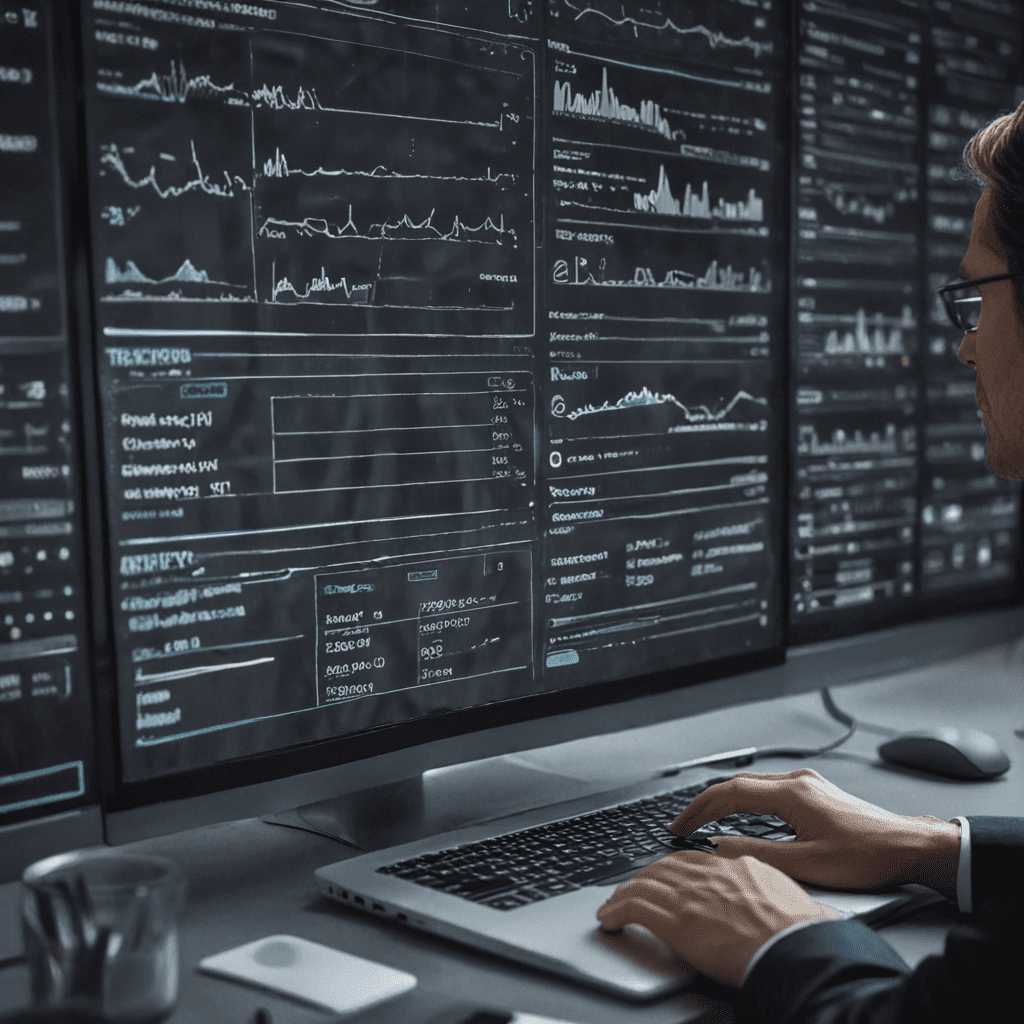Introduction: The Importance of Compliance Reporting
Compliance reporting is a critical aspect of business operations, ensuring adherence to regulations and standards set by governing bodies. Accurate and timely reporting is paramount for maintaining legal compliance, protecting organizations from penalties and reputational damage. However, manual compliance reporting processes are prone to errors, inconsistencies, and inefficiencies.
Challenges of Manual Compliance Reporting
Manual compliance reporting involves gathering data from disparate sources, consolidating it into reports, and submitting them manually. This error-prone process is time-consuming and often subject to human errors, omissions, or misinterpretations. Additionally, manual reporting lacks real-time visibility, making it difficult to monitor compliance status effectively and respond promptly to any deviations.
SaaS for Compliance Reporting: An Effective Solution
Software-as-a-Service (SaaS) platforms offer a transformative solution for compliance reporting. These cloud-based systems automate data collection, consolidate information from various sources, and generate comprehensive reports, streamlining the entire process. By leveraging SaaS, organizations can improve data accuracy, gain real-time insights, and enhance the efficiency of their compliance reporting.
Ensuring Data Accuracy Through Automation
SaaS platforms for compliance reporting automate the data collection and reporting processes. They integrate with various data sources, eliminating the risk of manual errors and omissions. By automating the data flow, SaaS ensures data integrity and accuracy, providing organizations with a reliable and consistent reporting foundation.
Maintaining Data Integrity with Secure Platform
SaaS platforms for compliance reporting prioritize data security. They adhere to industry-standard compliance protocols and employ robust encryption measures to protect sensitive data. By leveraging secure cloud infrastructure and stringent access controls, SaaS ensures the integrity of compliance data, preventing unauthorized access or manipulation.
Integration with Third-Party Systems for Comprehensive Reporting
SaaS platforms seamlessly integrate with third-party systems, extending the capabilities of compliance reporting. By connecting to internal databases, CRMs, and other applications, SaaS can consolidate data from across the organization, providing a holistic view of compliance status. This integration eliminates data silos and ensures comprehensive reporting, empowering organizations to make informed decisions.
Customization and Flexibility to Meet Specific Reporting Needs
SaaS platforms offer customizable reporting templates and flexible configurations to cater to the specific reporting requirements of each organization. Businesses can tailor reports to meet industry regulations, stakeholder demands, or internal standards. The ability to customize reports enables organizations to present compliance data in a manner that best suits their needs, ensuring effective communication and transparency.
Improved Collaboration and Workflow Efficiency
SaaS platforms facilitate collaboration among compliance teams and stakeholders. Centralized data access and real-time reporting capabilities enable teams to work seamlessly together, streamline workflows, and improve overall efficiency. SaaS eliminates the need for manual data sharing and communication, fostering a collaborative and transparent compliance environment.
Conclusion: Enhancing Compliance Reporting with SaaS
Leveraging SaaS for compliance reporting transforms the process into a more accurate, timely, and efficient endeavor. By automating data collection, ensuring data integrity, and providing real-time insights, SaaS empowers organizations to meet regulatory requirements, mitigate risks, and maintain a proactive compliance posture. With its customizable reporting capabilities and seamless integration, SaaS enhances collaboration and aligns compliance reporting with the evolving needs of the modern business landscape.
FAQ
- What are the benefits of using SaaS for compliance reporting?
- Improved data accuracy and integrity
- Real-time reporting and analytics
- Secure data management
- Comprehensive reporting across multiple systems
- Customizable reporting templates
- Enhanced collaboration and workflow efficiency
- How does SaaS improve data accuracy in compliance reporting?
- Automation of data collection and reporting processes
- Elimination of manual errors and omissions
- Integration with various data sources for comprehensive data coverage
- What security measures are in place for SaaS-based compliance reporting platforms?
- Adherence to industry-standard compliance protocols
- Robust encryption measures
- Secure cloud infrastructure and stringent access controls
- Can SaaS platforms integrate with other systems for compliance reporting?
- Yes, SaaS platforms offer seamless integration with third-party systems such as databases, CRMs, and other applications.
- How does SaaS enhance collaboration in compliance reporting?
- Centralized data access and real-time reporting capabilities
- Elimination of manual data sharing and communication

